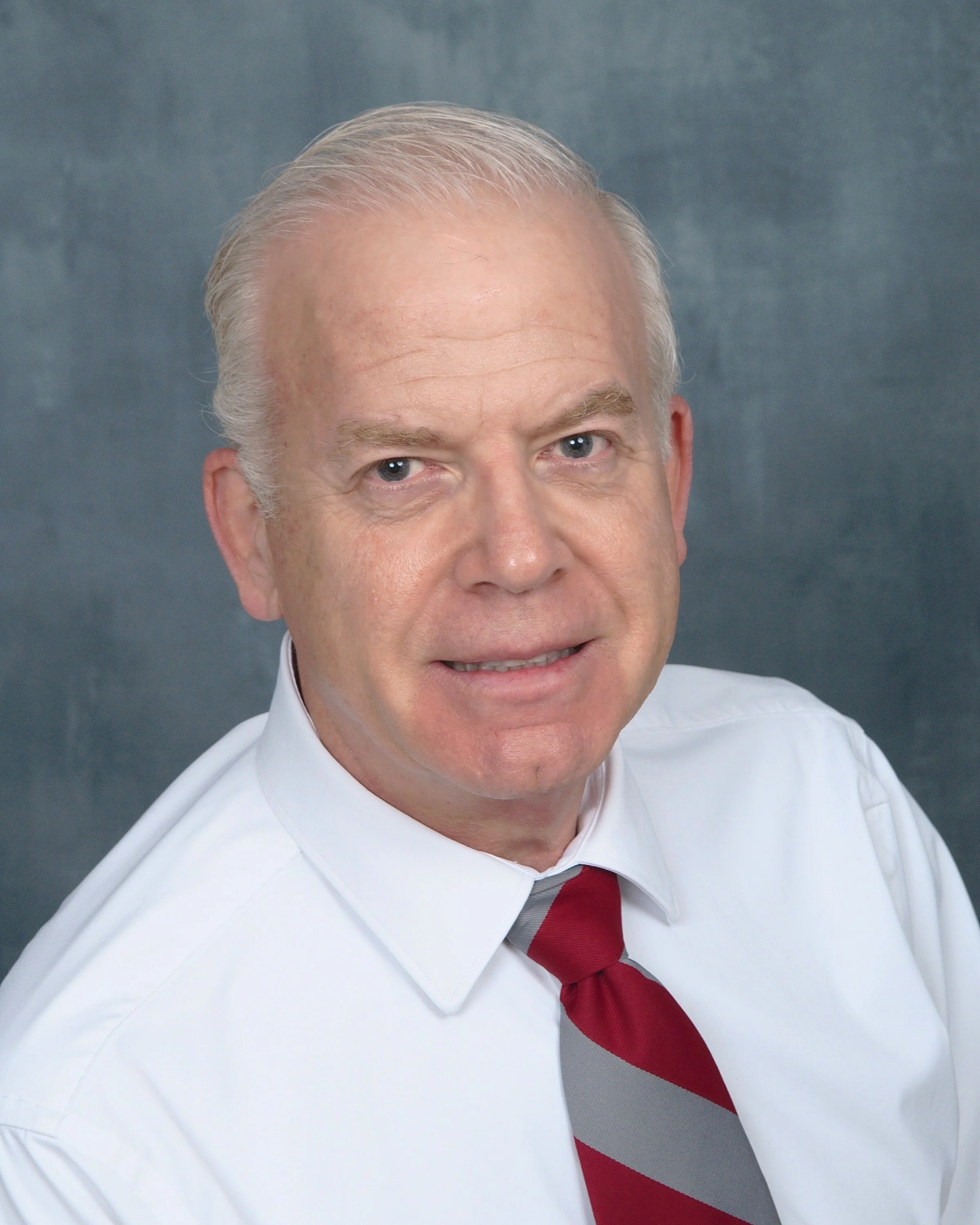5 Practice Longevity Factors
One of the most challenging actions for practice owners to take is that of planning a solid transition plan for their practices, whether that transition event is expected in 2 years or 22 years. Taking action is crucial for several reasons, particularly when compared to doing nothing.
Consider these 5 practice longevity factors:
Risk Mitigation.
Planning helps identify potential risks and develop strategies to mitigate them. By anticipating challenges and creating contingency plans, you can reduce the impact of unforeseen events. Without planning, you are vulnerable to disruptions and crises. Unexpected things happen in everyone’s lives. What if beginning tomorrow, you could no longer practice dentistry?Legacy and Long-Term Impact.
Planning allows you to consider the long-term impact of your actions and decisions. Dental financial experts have stated that a practice can lose 30% of its value each month that a practice owner is gone from a practice. If you are off the scene, your family could lose hundreds of thousands by the time your practice is sold. If you are gone, your staff members may lose their jobs or leave and your patients may be looking for a new provider.Opportunity Seizing.
A well-thought-out plan positions you to seize opportunities as they arise. Opportunity seizing enables you to eventually find your best fit buyer, sell at the highest price and create a soft landing for yourself, if you want to work after a sale.Financial Stability and Security.
In addition to risk mitigation, planning can result in increased annual profitability, increased practice value and decreased tax liability at closing. Financial planning is a key aspect of future planning. It helps you save, invest, and prepare for major life events such as retirement. Without financial planning, you risk facing financial instability and insecurity in the future.Increased Confidence and Reduced Stress.
Having a plan provides a sense of control and confidence in your ability to handle the future. It reduces uncertainty and stress, allowing you to approach challenges with a clear mind and a positive attitude. In contrast, a lack of planning can lead to anxiety and a sense of helplessness.
Planning makes practice transition much less burdensome.
Often, important tasks are put off due to the reluctance of practice owners to make tough decisions. Planning makes practice transition much less burdensome. So why not make your life easier while protecting your family, your staff and your patients?
Do you want your practice to continue? We’re guessing the answer is an emphatic YES! You can be ready for the future, but you need to put your mind to it and take action.
Take control of your future
PVA℠ helps practice owners prepare for the inevitable transition of their practices to new ownership.
J. Robert “Bob” Brooks, CEPA, CBI
J. Robert “Bob” Brooks, CEPA, CBI, leads Practice Endeavors, an Ohio-based practice brokerage and dental realty company. His company provides practice owners with the tools they need to prepare well for life after practice ownership and to find the best price/best fit buyers for their seller clients. Bob was integral in starting the first of its kind dental practice broker credentialing for the International Business Brokers Association.



